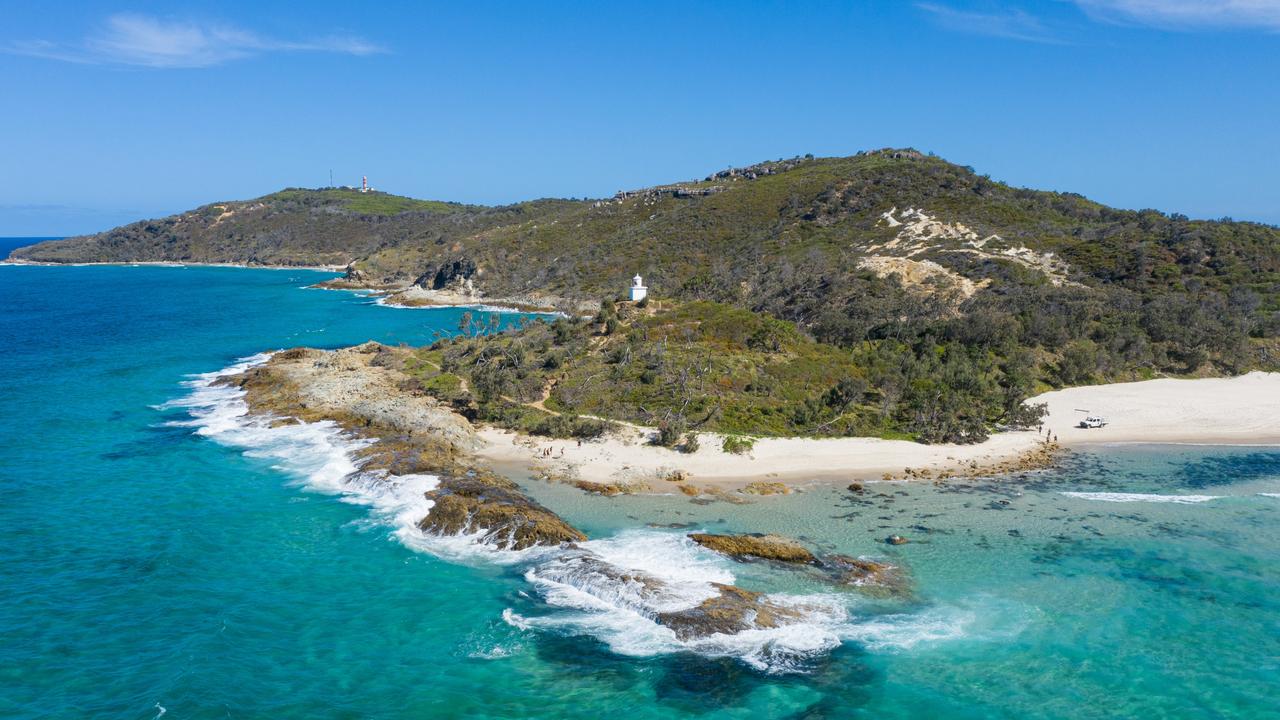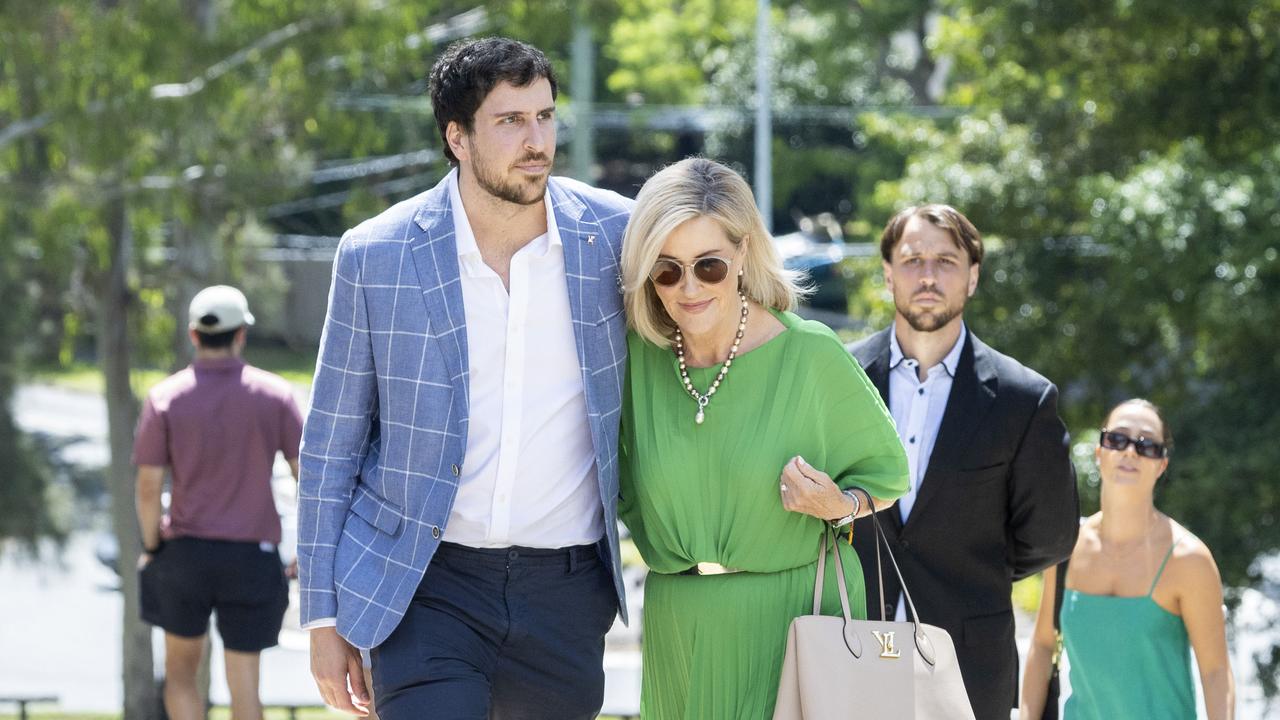Poll reveals which town should be the capital of a North Qld state
A new survey shows huge support for a separate North Queensland state. But the most popular capital will annoy residents in a rival town. VOTE IN OUR POLL
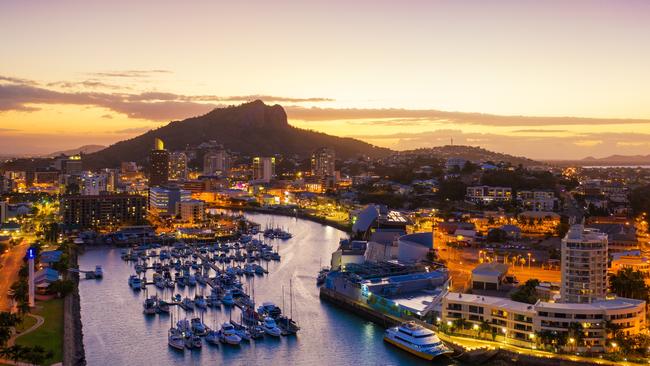
QLD News
Don't miss out on the headlines from QLD News. Followed categories will be added to My News.
A new poll has found Townsville is the most popular choice for the capital of a North Queensland state, with support for breaking away from the south also strongest in that city.
Katter’s Australian Party leader Robbie Katter, whose voter base were the strongest backers of a new state, said he was “agnostic’’ on the capital.
But he suggested a split Cairns/Townsville administration could address longheld rivalries between the two.
The demosAU poll of 913 people found KAP voters were the most in favour of splitting Queensland, followed by LNP voters.
Support dropped off the further south respondents lived, with only one-third of those in Mackay, Whitsunday and central Queensland saying they were in favour.
Just over half of Townsville-area residents said they would vote yes if there were a referendum on creating a new state, with 49 per cent in the far north also saying they would vote yes.
Overall, 42 per cent of respondents were in favour, 37 per cent were against and 21 per cent said they did not know.
Men were more likely than women to back the idea according to the poll, conducted from September 30 to October 25.
“The Townsville region was the most likely to be in favour of the proposal but we found that support trailed off south of about Bowen,” DemosAU Head of Research George Hasanakos said.
“One in two men indicated they would vote in favour of a new state, but that drops to 34 per cent among women.
“While support for a North Queensland state is sometimes seen as a populist cause, support is
far more evenly spread across voters of all political persuasions.’’
Respondents who were in favour of a new state were asked: “Which city should be the capital of a North Queensland state?”
A total of 49 per cent said Townsville and 27 per cent opted for Cairns, but only nine per cent chose Mackay and only eight per cent preferred Rockhampton. A further 7 per cent said they did not know.
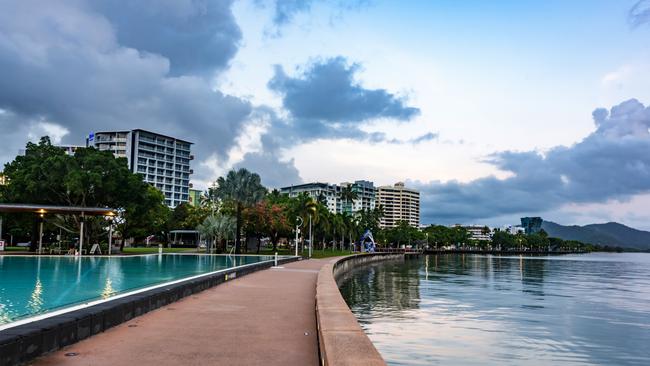
Mr Katter pointed out that the United States had created 20 states in the past century.
“To take a position that lines drawn on a map should never be changed is ludicrous,’’ he said.
“Our founding fathers expected this sort of change, which is why they put it into the Constitution, but we’ve never taken full advantage of federalism.
“We at least need a plebiscite in North Queensland to gauge support and also see if there’s an appetite in the southeast.
“I’m agnostic (on the site of a capital) but we should consider splitting the executive between Cairns and Townsville to mitigate bias.’’
Mr Katter said the arguments against a new state were essentially the same as the arguments against setting up the North Queensland Cowboys, but history showed how successful that decision had been.
“People said there wasn’t a big enough population for a second Queensland NRL team, that you would split the talent base, that it would weaken the NRL,’’ he said.
“What has happened is the opposite. The real problem is no one dares to dream we can be bigger.’’
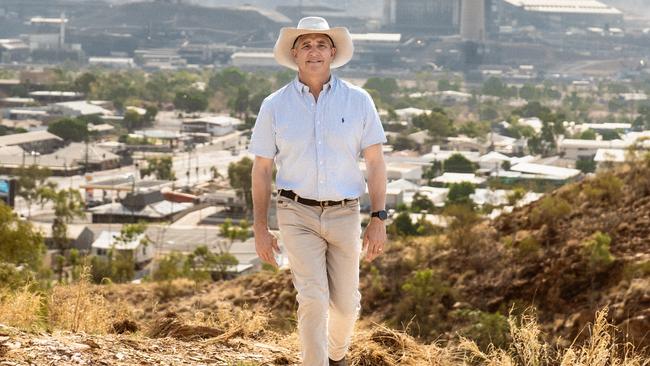
He said there would not need to be more politicians, apart from new senators.
The same number of teachers, police and other government workers would be needed.
But better decisions that were more relevant to unlocking the north’s potential would create a bigger economy overall for the two new states.
Section 124 of the Constitution says that a new state can be created from an existing state, with the consent of its parliament.
A committee of businessmen in Townsville first pushed for a separate state in 1882.
The push was backed by cane plantation owners who were alarmed at moves from southern politicians to abolish cheap South Sea islander labour.
Since then the issue has come up regularly, including in 2010 when 98 of the 100 delegates at a NQ Local Government Association meeting backed the idea.
Prominent backers have included billionaire Clive Palmer, controversial historian Geoffrey Blainey and demographer Bernard Salt.




